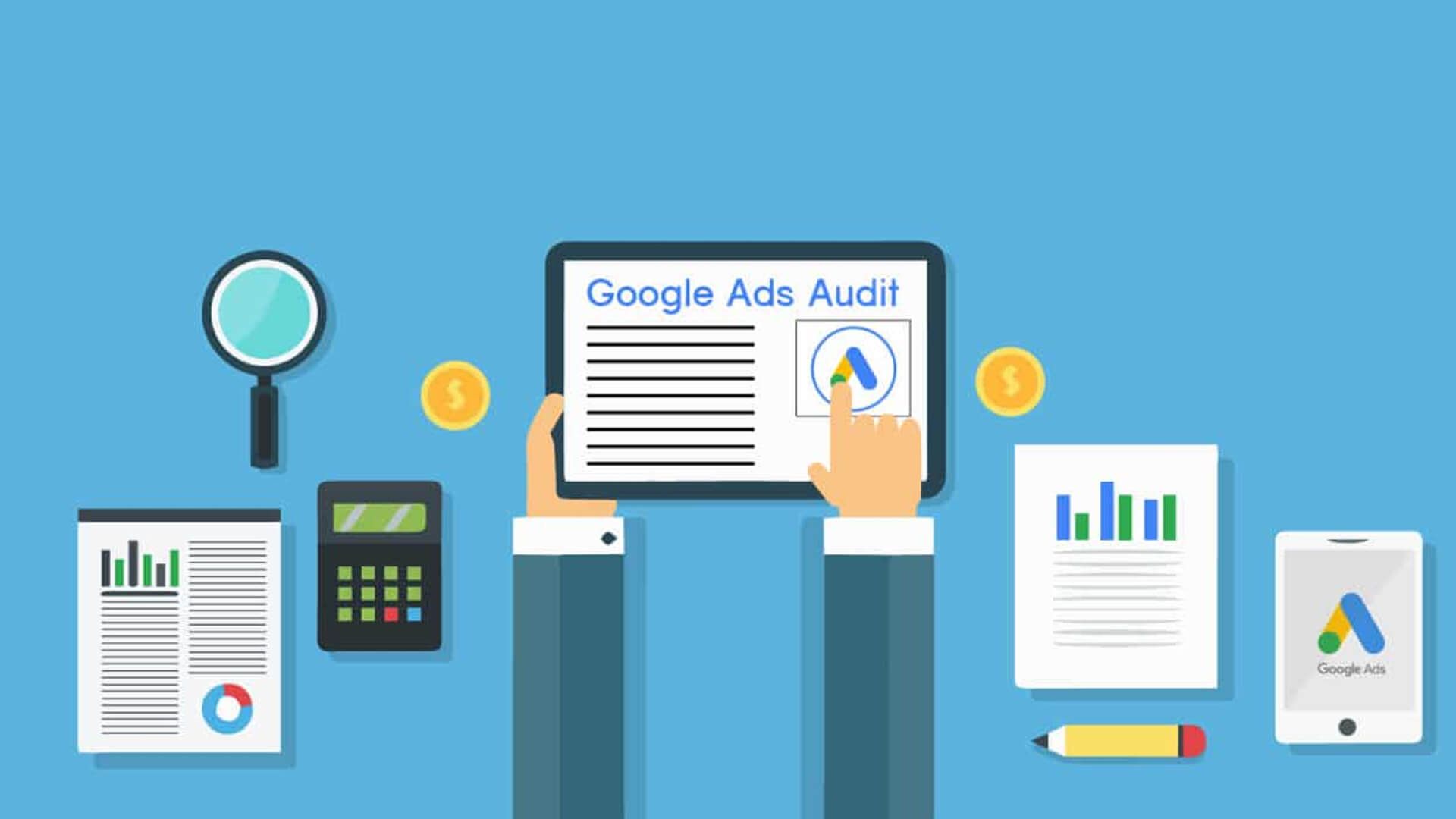How to Market a New Law Firm Online

Marketing your firm online is essential – without it you’ll have a hard time staying in business. There are many aspects to marketing online, it can be confusing and overwhelming at times. I’ve reviewed hundreds of law firm websites within the past 6 years and many of them suffer from similar issues.
In this article I will lay out the blueprint for what your firm could and should be doing in order to generate consistent leads. Unless your firm has a large budget, you’ll want to be strategic with where you invest your money. Yes, I said invest. Marketing is an ongoing part of business. Investing in marketing is an investment in your firm. Being inconsistent with your marketing will result in an inconsistent flow of leads. Don’t assume because you have a website that people will just find you, because they won’t.
➡️ Questions to ask yourself
How activate has your firm been at marketing? Did you just start blogging? Is your website dated and slow? Is your firm effective at marketing its attorneys on social media? Is your firm on Google My Business? Are you guest posting on websites where your potential clients are? Have you created case studies? How many client testimonials do you have?
These are all very important questions to ask yourself. The minute you decide to go solo or start your own firm you need to consider how to promote yourself and your firm. Relying on referrals will not allow you to grow your firm. You need a strategy that you can increase and or decrease based on your workload or lack thereof.
⭐️ Who are your competitors and how are they marketing themselves?
The first step is to discover what your competitors are doing and more importantly, how does your firm’s marketing stack up? Does your site look professional and not dated? A well ranking website won’t help generate business if it looks old, outdated or slow to load. Older websites also tend to drop in performance over time, especially on WordPress.
Also having a dated site could give users a sense that you’re out of touch and that could impact your ability to generate a sufficient amount of leads. It’s standard practice to redesign a website every 3 – 5 years to keep up with new technologies. So, if it’s been more than 5 years since you updated your site, now may be the time to do so.
There are also tools that you can use to uncover keywords they are advertising as well as keywords that they rank for organically on Google. Knowing this can help you craft a more robust SEO strategy. If you work with an SEO consultant or agency they will be able to provide that information to you.
➡️ How long have you been marketing your business compared to theirs?
Marketing takes time to implement, track and refine. This doesn’t happen overnight. Understand that in order to get to where your competition is took a lot of time and money. If your competition has a 5-year head start with their online marketing you won’t catch up to them in 6 months.
➡️ Are you using Google Ads?
You may be thinking that Google Ads is a wasted of money. Perhaps you’ve used it in the past and it hasn’t worked for you. You should keep in mind that you get out of it what you put in. If your cost per click is $20 and your budget is $30 a day, after one click your ads are paused. You need enough of a budget to run ads all day long for at least 30 days.
You can start with one practice area at a time. It’s also important to understand how the Google Ads platform works. If your keywords are too broad you’ll generate clicks that will not result in unqualified traffic. This is the reason why you should work with someone who understands the platform and can help you spend your advertising dollars on the right terms.
⭐️ The importance of practice area pages
Where many law firms fail is with their content. Law firms are like any other business – they are selling a service. Yet, their landing pages are wordy and boring. They aren’t easy to pull information from and therefore it makes it harder for the visitor to take the next step by contacting the firm.
When you write content is it easy to understand? Do you know who your target audience is?
Many law firms make the mistake of writing content that speaks either about the law itself or about the law firm. What you should be focusing on is the searchers problem.
What are their(searchers) needs and concerns? How can your law firm help them? You are the expert and you (should) know the concerns clients have. Address those concerns within your practice area pages. Other common content issues law firms suffer from are…
✅ Having too little content on the practice area pages.
✅ Not having individual pages for each practice area.
✅ Not showcasing testimonials or examples of past success.
A law firm is a business yet many firms think they should be exempt from providing this type of information as it seems “gimmicky” but it isn’t. This is information clients expect so why make it hard for them?
However, if other legal professionals are looking to hire your services then having content more legally focused makes sense. If you’re a DWI lawyer all a person wants to know is can you help them, how you’ve helped others and how it relates to them.
➡️ Set Up A Google My Business Listing
Having a Google My Business Listing (Google maps) is one of the first things you should do when opening your practice. It is free to create. You should fill out all of the information required within the Google My Business platform. Add photos, business hours etc. You also should work on local citations and ask clients to add reviews for your profile.
Creating citations will help Google verify that the business name, address and phone number are correct by comparing it to other white pages across the internet. Any misinformation can cause your firm to not rank as well.
➡️ Not all blog posts are created equal
The goal of your blog post is too drive in traffic, but not just any traffic. You want your blog posts to capture potential clients who are researching topics and questions that only a lawyer can answer.
If you’re a tax lawyer in New York writing about a national tax law will not help you drive in local clients. However, if you wrote about the tax benefits of creating an S Corp in New York you now have the potential to turn a searcher into a client.
This is where understanding your clients’ needs and their questions can help you drive relevant business. Practice area pages drive searchers who know what type of lawyer they need. Blog posts help answer questions that people have that lead them to possibly needing a lawyer. Your blog posts are your opportunity to showcase your knowledge.
✅ Calls to action are important
So many law firms leave this out. This is especially true for larger law firms. Larger law firms don’t have calls to actions on their websites. They assume users will find an attorney on the site and contact them directly. However, the firm has no idea how many people are reaching out to attorneys and which online channels drive the most leads.
This leads to gaping holes in understanding what’s working or what isn’t. While they may know which practice, areas are most important on paper there’s no way to tell in analytics outside of page views which can be deceiving.
Smaller law firms do a better job of placing calls to actions on their site’s however, they usually miss the tracking portion. Having the firms phone number placed prominently on the site is great. However, not tracking phone calls is almost as bad as not having a phone number.
If you're generating calls where are they coming from? Google Ads? Which keywords produce calls? If you have ads on other websites or directories – how do you know which websites drive in leads when people call? Same with email and blog posts. If you aren’t tracking how do you know which of your marketing efforts are working well and which aren’t?
What is the quality of calls by channel? A small firm looking to grow will want to know where to invest more dollars. If you’re not tracking then how do you know?
➡️ What should you do with this information?
You should now have a better sense of what your site is lacking and what you should do to market your law firm online. The difficult part is how to implement these items. Most law firms hire an agency or individual to do this for them.
Hiring a law firm marketing expert is one of the most effective ways to speed this process up. Unfortunately, many of the law firms I speak with have used overseas marketing services or “cheap” $299 a month SEO packages.
This seems like an appealing option. It’s cheap, but in my 17 years in the industry “cheap” equals “bad”. My recommendation is to assess your needs.
Marketing involves reviewing content, studying algorithms, testing, content optimization research, analyzing calls, creating reports, managing ad campaigns, testing ads… etc. Does that sound like a $299 a month job? If you want quality work it will come at a premium, but the results will also be better.
Do you need an individual or a team (agency)? Then start requesting information and ask questions, review case studies and read client testimonials.
Decide what you want to focus on and your firm’s needs. If SEO & PPC (Google Ads) is all you need then you’ll want to hire an expert or individual. If you need search marketing, email marketing, social media management, content creation you’ll want to work with an agency. You can decide this by looking at your goals for the next 1- 3 years. You could start small and work up to more services if your budget is small.
Marketing is something you need to do every day, month and year you’re in business. This is the only way to ensure you keep your rankings and continue to drive in steady business to avoid dry spells.
If you’re struggling with marketing your law firm while practicing law it may be time to hire an expert.
Contact Joe for a free consultation.
Need Help With Your Digital Marketing?
Speak with an expert now!








